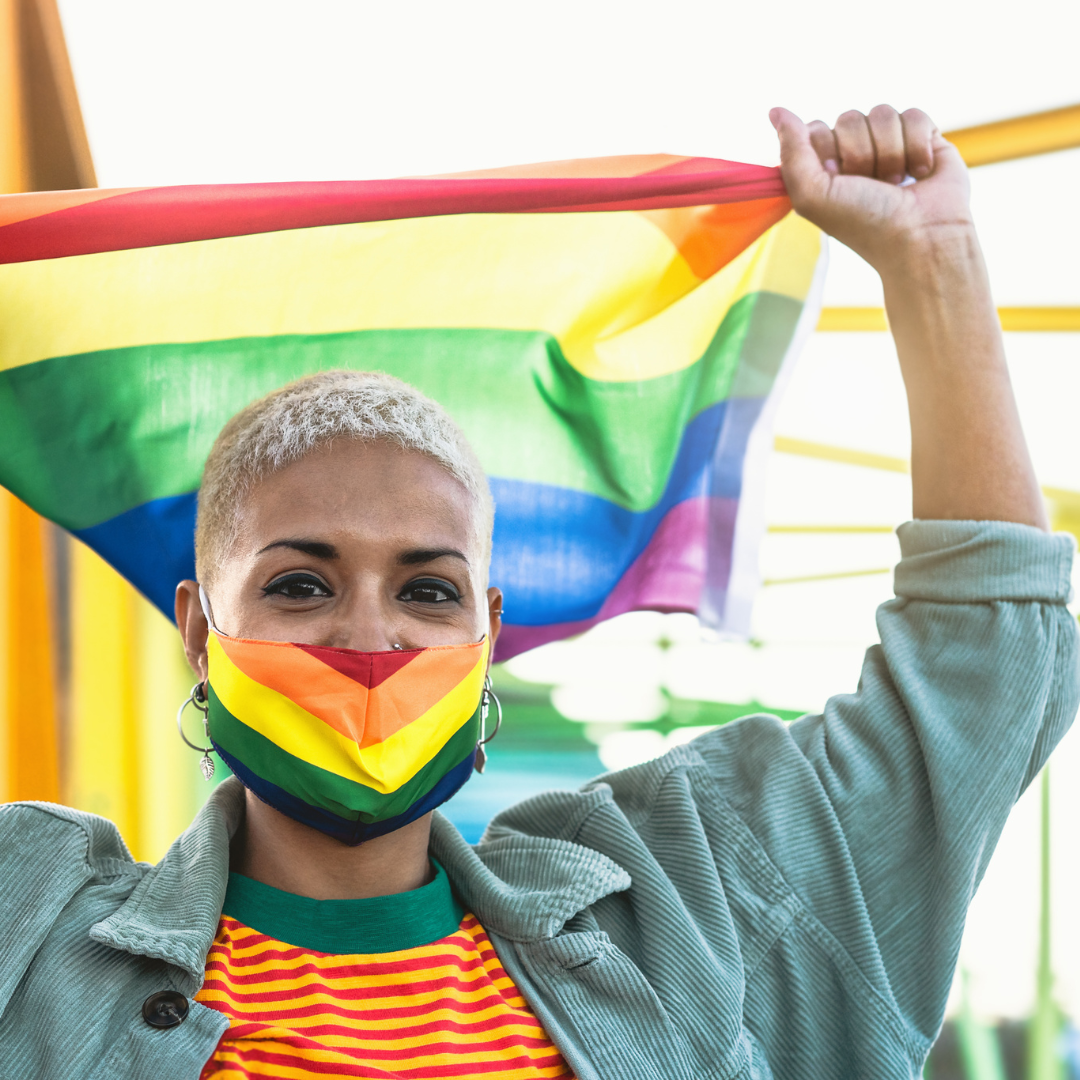October is LGBTQ+ history month. This month provides us with a reminder that LGBTQ+ people have always existed – even if the words we use to describe ourselves changes. We often think of previous centuries when we think of “history”, but so much has changed just one generation. The following are quotes from LGBTQ+ people in their 30’s about what has changed since they were kids.
“I grew up as a queer kid in rural coastal Maine. The Internet wasn’t yet a part of everyday life, so “community” meant the people who were around you. We didn’t know that queerness was anything but a slur. It was something teachers called students when they were being annoying and everyone laughed. The biggest change I see is now kids growing up in places like that know there’s a world outside of those places. I thought everyone and everywhere was like there. I had no context to even imagine that anyone like me had ever survived or even existed.” – Emma
“Language has evolved in so many positive ways since I was a teenager. Kids are able to find words to accurately describe how they view themselves AND they feel confident using those words. Learning who we are is a lifelong process, but a true sense of self can be easier when there are more words. My hope for youth is they keep speaking their truths no matter how hard those may be for adults.” – Katie
“When I came out as trans, I didn’t know any out trans people. There were very few public figures that were out and trans, except the “pregnant man” story in the tabloids. Often the only “medical” resources were what other people were sharing on YouTube. When I decided to access hormones, I traveled 5 hours each way to leave the state of Maine to find a doctor that knew about and would prescribe hormones. I’m grateful things are different now!” – Bo
“I went to renew my license at the BMV a couple weeks ago, and I got to change my legal sex to X. It was easy – I just filled out a form saying that X was the most applicable for me, and that I wasn’t doing this for any fraudulent reason. Afterwards, I sat in my car in the rain in the parking lot for 10 minutes, crying. It was weird for me to find validation in a governmental agency, but it was a bigger relief to not have to hide this part of me. I just stared at that X – it finally matched what I’ve known for decades. For the past 30 years, I was always forced to lie about my gender (I am neither M nor F) and suddenly, I didn’t have to lie anymore. It’s a small thing, but I never even imagined it could be possible.” – Anonymous
“It was different in that regularly used, day-to-day slurs were about being queer and trans, in music and on tv and everywhere. And that made it feel scary to be queer and trans; there was almost no awareness about what trans identity was in popular consciousness, which made for many difficult moments but in some ways, a feeling of empowerment in that we seemed to be in control over our story. There were still queer and trans people (at all intersections: Blackness, Indigenousness, disabled queer and trans folks, poor queer and trans folks, rural folks) doing amazing things everywhere even if the words we used to define ourselves were different. The internet was quieter but still super helpful for making community. I wonder if we made more zines because the internet was somewhat less social?” – Emerson

